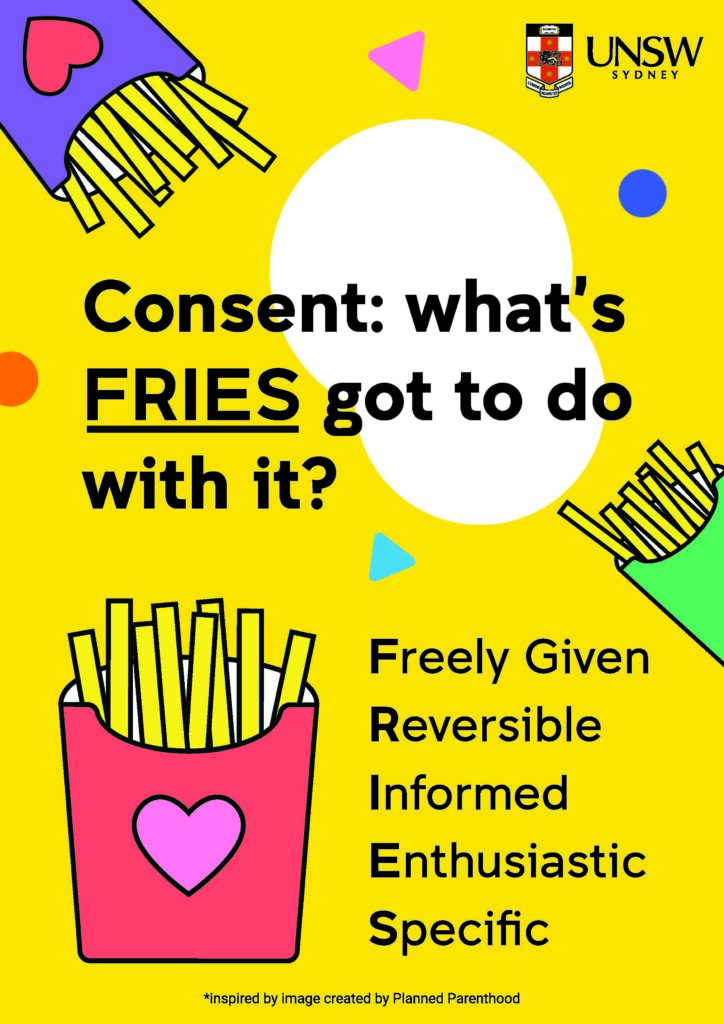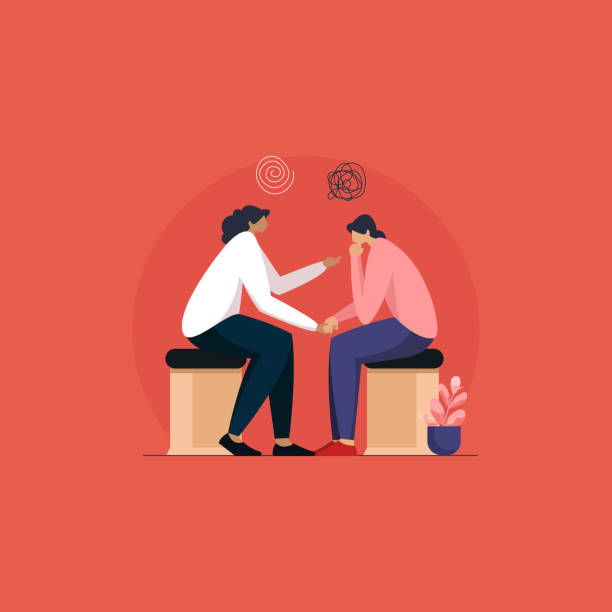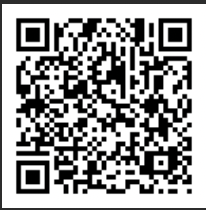
Have you ever heard of the iconic song “Should I Stay or Should I Go” by The Clash? It reminds me of the time I attended a Consent Labs workshop and learned so many interesting facts about healthy and unhealthy relationships. I thought that it’d be a great idea to share it with you guys too! When I encountered a bad friend in the past, I would just simply brush it off, try to come up with excuses for their behaviours, and ended up feeling hurt by how they treated me. That’s why it’s so important to know the warning signs when a relationship starts becoming unhealthy, and not just ignore it.
This article will help you understand the difference between platonic vs romantic relationship and how it overlaps. You’ll learn how to identify the traits of healthy relationships and spot warning signs of unhealthy ones. Also, we’ll bust common myths about consent and offer guidance on where to seek support if you or someone you know needs help. I hope that after reading this article, you get to distance yourself from unhealthy relationships and appreciate the healthy connections you’ve made along the way instead.

Platonic vs. Romantic Relationships
Do you know that the term “platonic” is named after an ancient philosopher Plato? He believed that platonic love is experienced when we feel that the positive qualities in another person complete us. It can be close friends in life that we have trust, loyalty, and confidence in. We can build platonic relationships by looking for people with similar interests, having deep conservations, and unlocking many more helpful tips discussed in this Genuine Friendships & Real Connections article (LINK TWO).
On the other hand, romantic relationships mean that you might be physically or sexually intimate (kissing, cuddling, sex) with your partner, while having that emotional closeness and plan for a shared future like marriage or living together.
However, there is a similarity between both platonic and romantic relationships which is the deep emotional connection and importance of mutual respect, trust, and clear communication to build a strong bond.
Do you know what a healthy relationship looks like?
This is a good opportunity for you to reflect on your relationship with the people around you. Try to count how many of these healthy relationship traits can you relate to:
- They are happy for you when things are going well instead of being jealous.
- They can be trusted with personal information and their actions.
- They can communicate openly and respect your boundaries.
- If there is any disagreement, they make you feel safe and accepted while trying to work it out.
- Both of you can enjoy personal time away from each other.
- Most importantly, being around them makes you feel happy and appreciated.
In romantic relationships, a key element of it being healthy is consent. Have you ever asked or given consent before? Well, consent is a person’s free agreement to participate in an activity. Follow the FRIES framework to understand what consent is and how it works:
- Freely given, not under any pressure or threat.
- Reversible, meaning you can change your mind anytime, take back the ‘yes’, and not having to follow through with anything.
- Informed, which involves ongoing and mutual communication.
- Enthusiastic, consent should always be an enthusiastic YES, shown from words or action.
- Specific, as consenting to one sexual activity does not mean you are consenting to other activities or in the future.
What are common misconceptions about consent? There are two common misconceptions about consent, let’s check if you are aware of this or not. First, consent is given if the person stays silent or does not say no. This is absolutely INCORRECT because consent cannot be assumed from silence or inactivity but rather through actual words. Body language can be easily misunderstood and it can only help confirm consent after the word is given.
Second, someone can consent to sexual activity even if they are drunk. This is also WRONG because someone heavily intoxicated or affected by alcohol may not understand what they are consenting to or unable to communicate consent. Check out this Consent & Healthy Relationships article (LINK THREE) to help you understand this topic more!

Can you detect the signs of an unhealthy relationship?
Every relationship goes through ups and downs, but it is important to know that you should never feel unsafe in a relationship. Some warning signs that a relationship is starting to become unhealthy is when they:
- Try to control you
- Pressure you
- Intentionally hurt you
- Do not trust you
- Shows extreme jealousy
- Threatens you
A form of unhealthy relationship is coercive control, which happens when someone repeatedly hurts, scares, or isolates another person to control them. According to the Australian Institute of Health and Welfare, around 23% (2.3 million) of women and 14% (1.3 million) of men have experienced emotional abuse by a current or previous partner.
Where to find support?
If you’re feeling overwhelmed, stressed out, or just need a safe space to talk, our professional Student Wellbeing Advisers are here to support you with free confidential guidance and are available Monday to Friday, 9am – 5pm at the UNSW College L5 Building, Level 1. If you want to speak privately with a Student Wellbeing Adviser or arrange a private consultation please book here (LINK FOUR). You’re not alone and help is always available.



